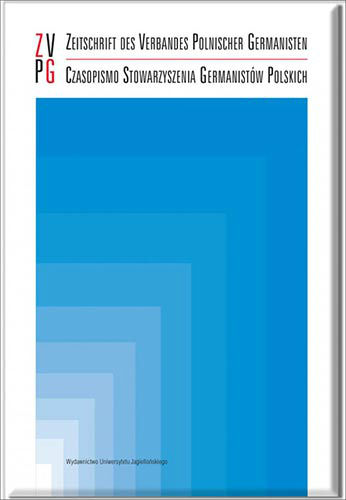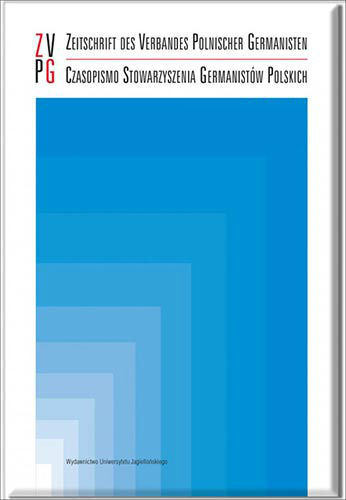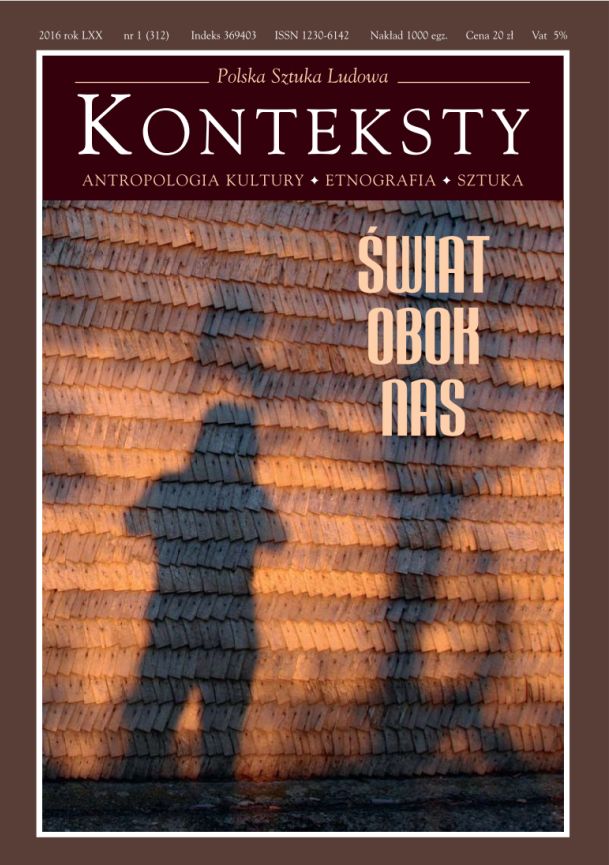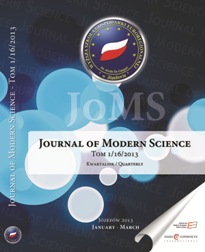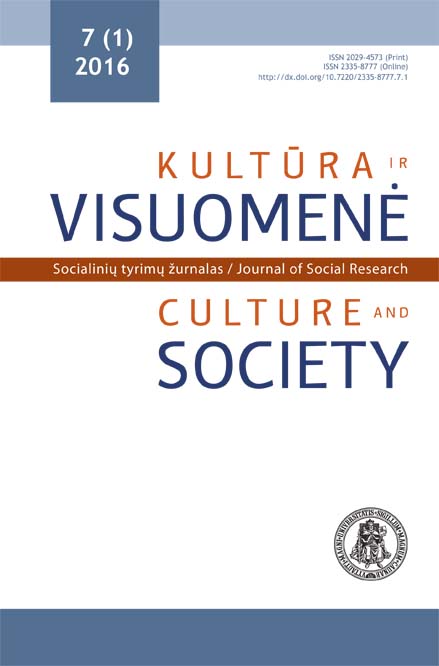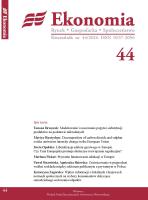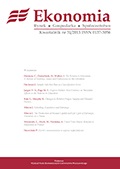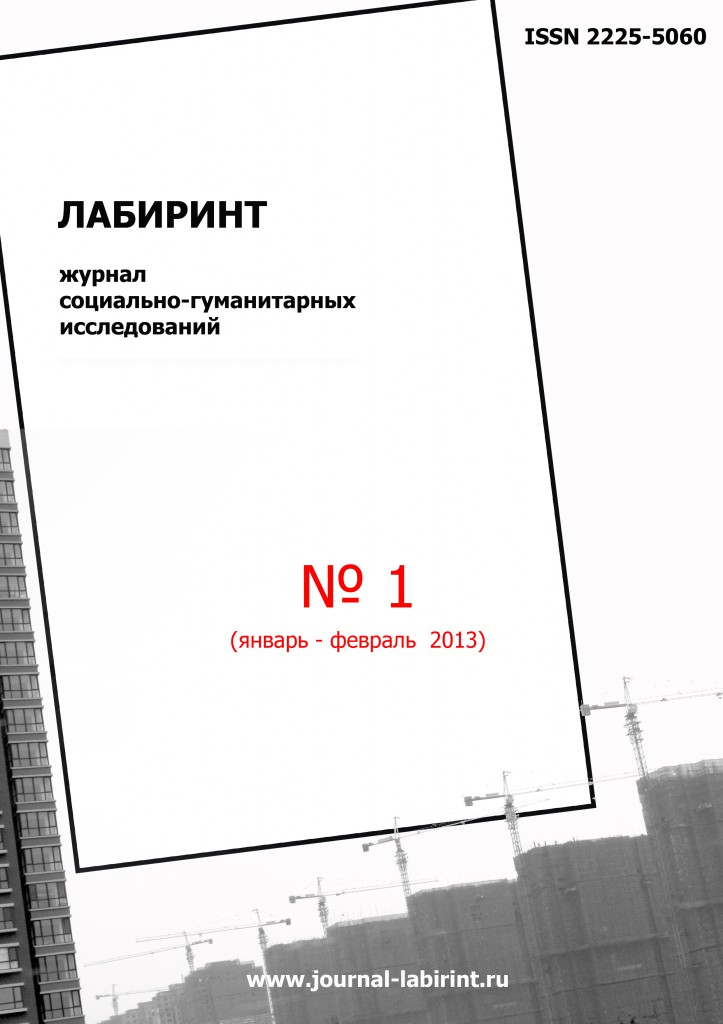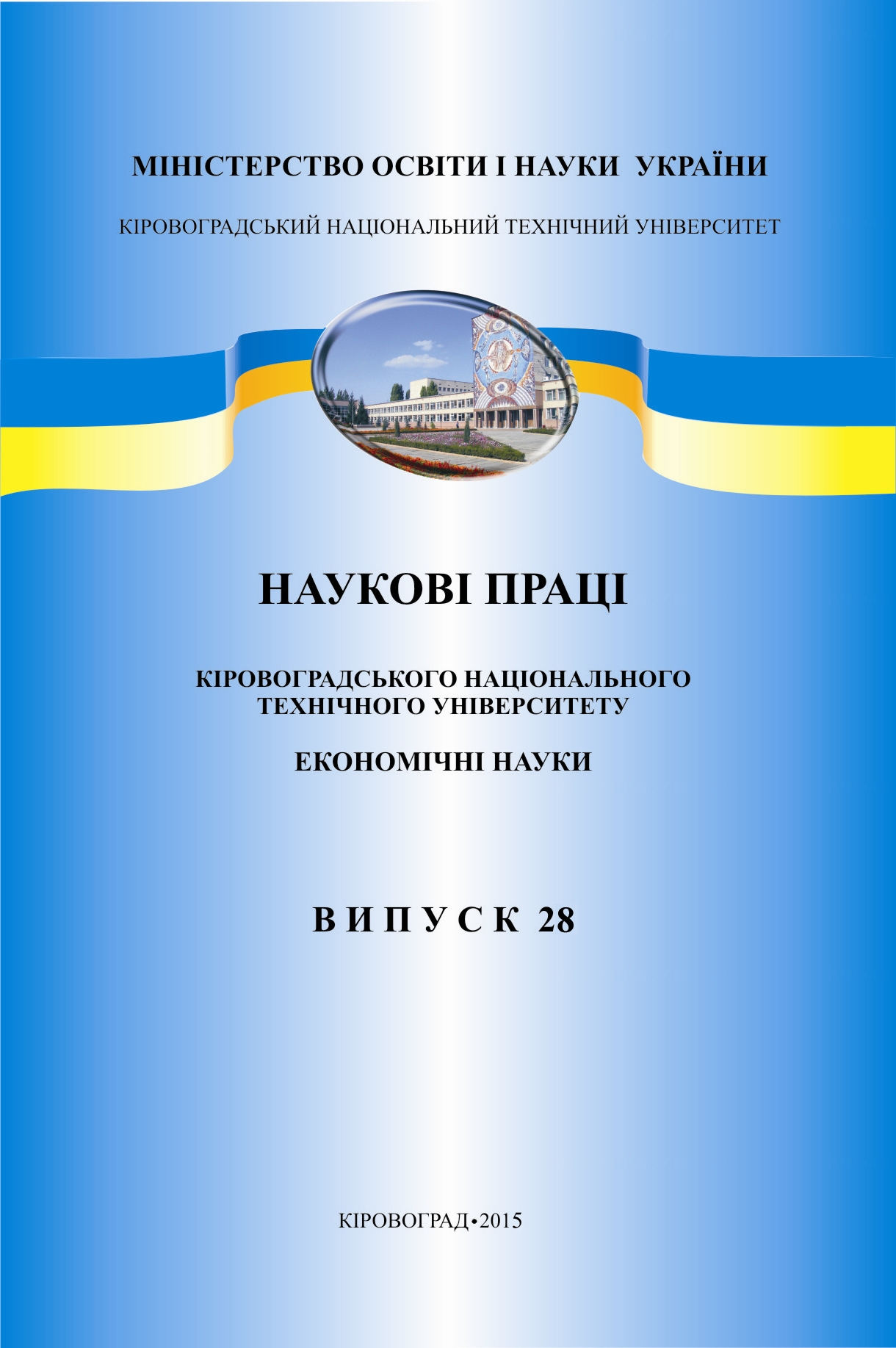
Корпоративна культура та якість людського капіталу: особливості взаємовпливу
International experience has shown that the success of the movement to innovative economy primarily on the ability to create conditions for the continuous improvement of the quality of the human capital based on the assimilation of new knowledge, enhance intellectual and creative abilities of each working person. This powerful lever for improving the quality of human capital is the corporate culture. In Ukraine, the corporate culture is not yet effective tool to influence the quality of the human capital and the stabilization of social and labor relations in Ukraine. The purpose of the article is to clarify the mutual of corporate culture and quality characteristics of the human capital in the system of social and labor relations in Ukraine. The essence of quality of human capital and factors which form it have been revealed. On the basis of foreign experience it has been proved that the corporate culture plays one of the leading roles among factors regulating quality of the human capital at the enterprise level. Evolution of scientific views concerning the essence of corporate culture has been analyzed. Author's approach to understanding of corporate culture has been suggested. The features of interrelation of corporate culture and quality of the human capital have been defined. The principles of corporate culture development and it’s role in improvement of human capital quality have been defined. The scheme of interrelations between corporate culture and human capital quality in the system of social and labor relations has been suggested. The interrelation of corporate culture and human capital quality has been proved on the basis of processing of results. The recommendations concerning the mechanism of formation of progressive corporate culture at the enterprise level in the context of increase of its influence on motivation of educational and professional development of the personnel, improvement of quality of the human capital have been proved.
More...
